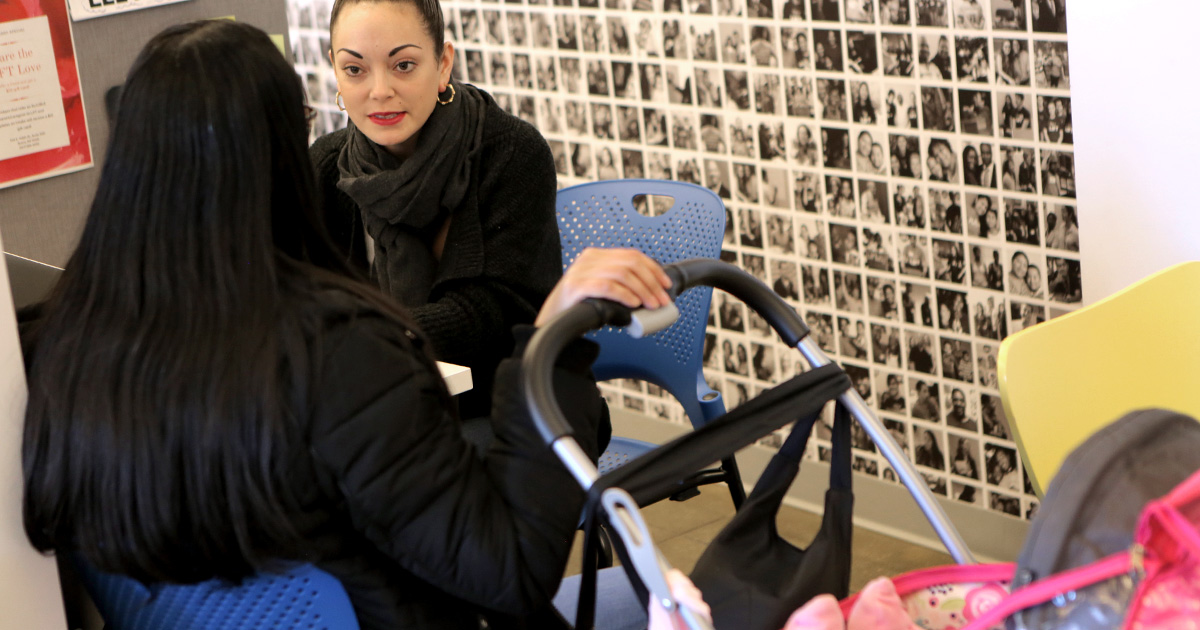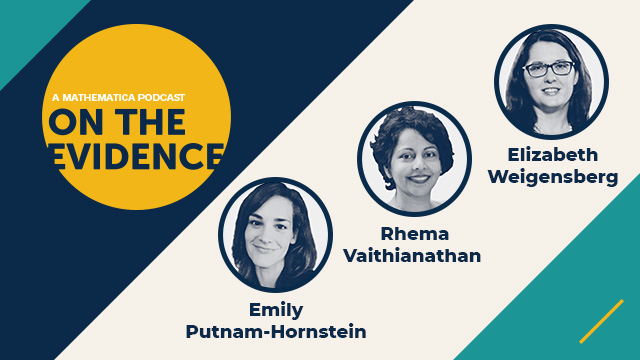
PHOTO BY RICH CLEMENT
Before the COVID-19 pandemic changed our daily lives, resource-constrained child welfare agencies across the country already faced challenges with implementing parts of the new Family First Prevention Services Act (FFPSA) of 2018. This law offers a pathway for states to use data-driven practices in service of helping families and children who are at risk of entering the child welfare system—before their challenges escalate into crises. Service disruptions and complications brought on by COVID-19 have not only changed the way that child welfare agencies operate, they’ve also made FFPSA implementation even more difficult. To help decision makers use evidence to make difficult choices about child welfare services and programs during a public health pandemic, several new resources are available.
Need to speak to a child welfare expert about your state? Send an email to info@mathematica-mpr.com.
COVID-19 might lay the groundwork for the long-term improvement of human services. The current public health crisis reveals long-standing problems in the human services sector, says Mathematica Senior Fellow Matt Stagner. But COVID-19 and the strain it’s placing on safety net programs should spur agencies to reimagine service coordination and information gathering that would be valuable even after the pandemic.
FFPSA implementation toolkit provides guidance to states. With support from the Assistant Secretary for Planning and Evaluation and its partners, Mathematica staff developed “Planning Title IV-E Prevention Services: A Toolkit for States.” The toolkit guides states through the development of their Title IV-E services prevention plan, highlighting important decisions for building and funding a comprehensive array of services. A shortcut to the toolkit’s resources is available in this new blog post about strategies states can take to implement effective programs earlier, particularly in light of new data suggesting the COVID-19 pandemic puts marginalized families at much greater risk.

Predictive risk modeling might help child welfare agencies manage large caseloads. A recent episode of Mathematica’s On the Evidence podcast features child welfare experts Emily Putnam-Hornstein of the University of Southern California, Rhema Vaithianathan of Auckland University of Technology, and Beth Weigensberg of Mathematica talking about predictive risk models and how they might help child welfare agencies that are flooded with calls and short on resources. This related brief also sheds light on how these decision-support tools can help caseworkers do their jobs more efficiently.
To learn more about the role of evidence in the response to COVID-19, visit our new features page or follow us using @MathematicaNow on Twitter or Instagram.
